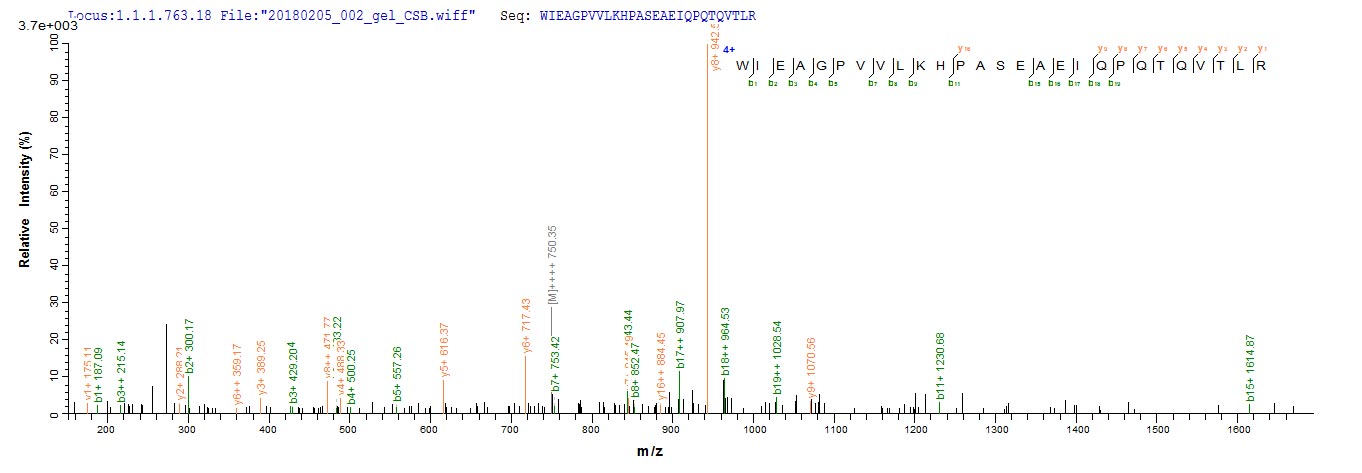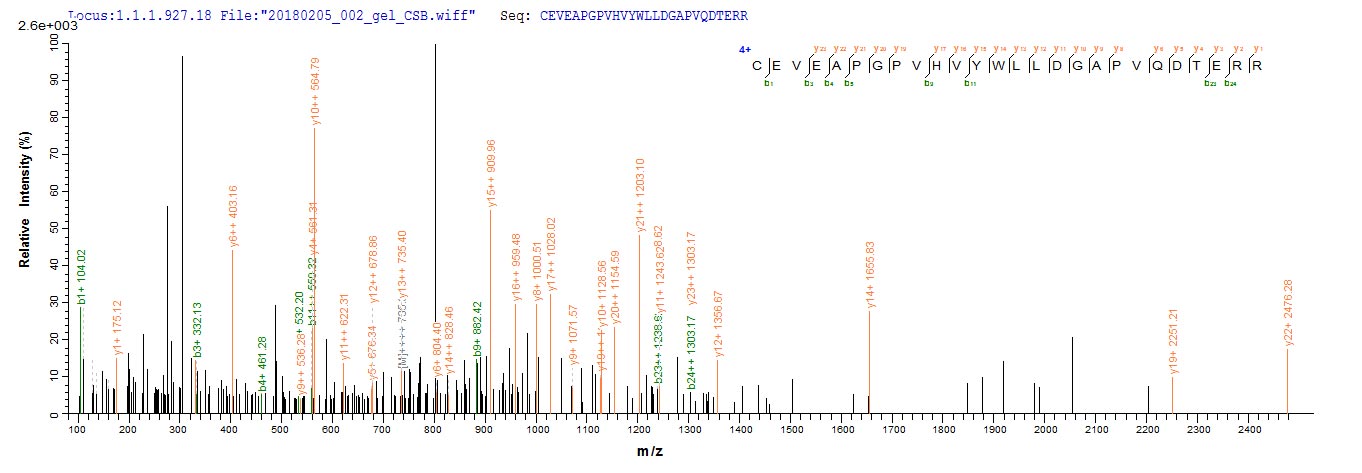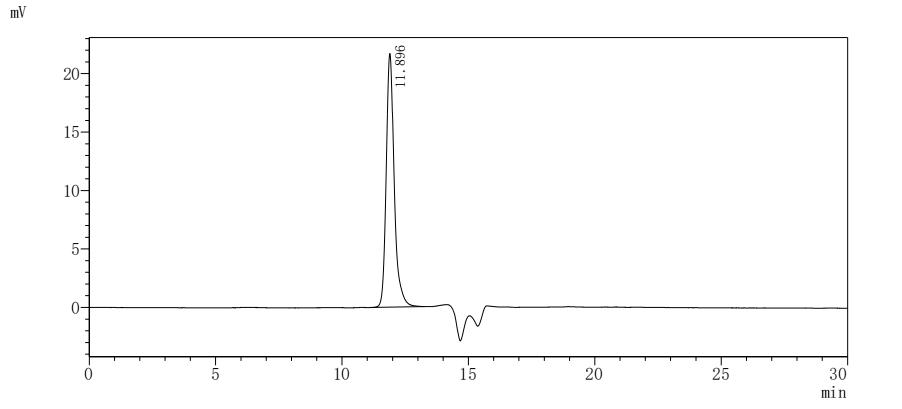The synthesis of this Recombinant Human PTK7 protein depends on the utilization of recombinant DNA technology to a large degree. DNA sequences that encoded the PTK7 protein could be inserted into a vector and introduced into an expression host, Yeast, where it could be easily expressed in and purified from. The expression of this PTK7 protein was at 31-704aa. N-terminal 6xHis tag was fused with this protein. The purity is 90%+ determined by SDS-PAGE.
PTK7 (also known as CCK4) is gene encoding a protein named inactive tyrosine-protein kinase 7(PTK7) in human. The protein encoded by this gene is also known as colon carcinoma kinase 4 (CCK4), protein-tyrosine kinase 7, pseudo tyrosine kinase receptor 7 and tyrosine-protein kinase-like 7. The protein encoded by this gene is a positive regulator of canonical Wnt signaling pathway with its coreceptor activity. Moreover, this protein is also involved other biological processes, such as actin cytoskeleton reorganization, cell adhesion, cell migration and signal transduction.







